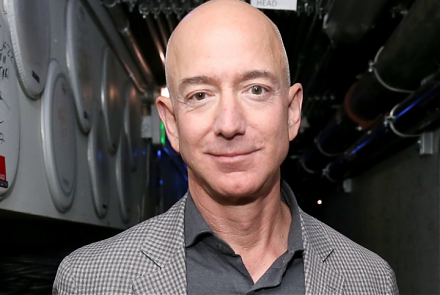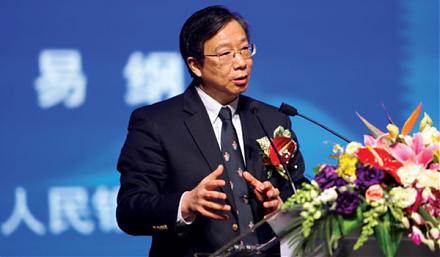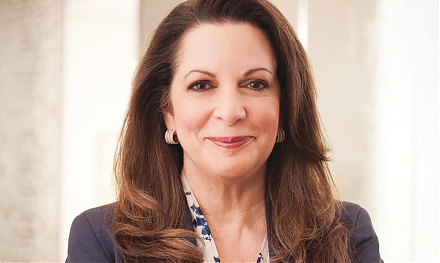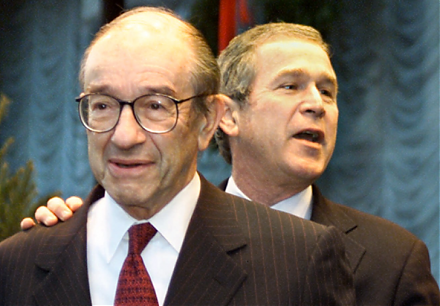

2019-11-17 14:43:00 Sun ET
stock market gold oil stock return s&p 500 asset market stabilization asset price fluctuations stocks bonds currencies commodities funds term spreads credit spreads fair value spreads asset investments
New computer algorithms and passive mutual fund managers run the stock market. Morningstar suggests that the total dollar amount of passive equity assets reaches $4 trillion worldwide. Passive fund managers, institutions, and algorithms help run this passive equity asset management. The $4 trillion barometer bypasses the total dollar amount of active equity funds that humans manage on a regular basis.
Smart machines and algorithms now take control of investing in the global stock markets. Computer rules and algorithms can help manage active equity funds that account for 35% of U.S. public corporations, 60% of institutional equity assets, and another 60% of active equity bets. Fresh artificial intelligence programs contribute to new stock investment rules that only some fund managers can partly understand.
In recent years, smart technology transforms many industries from food delivery to online video content curation, but stock market investment is unique because institutional investors exert voting power over public corporations for better wealth creation and redistribution. This stock market investment transformation serves as a tech-savvy response to the general mistrust of financial institutions in America, Europe, and some parts of East Asia. Profitable alpha algorithms can hence help active fund managers make wiser stock market investment decisions.
If any of our AYA Analytica financial health memos (FHM), blog posts, ebooks, newsletters, and notifications etc, or any other form of online content curation, involves potential copyright concerns, please feel free to contact us at service@ayafintech.network so that we can remove relevant content in response to any such request within a reasonable time frame.
2022-02-05 09:26:00 Saturday ET

Modern themes and insights in behavioral finance Shiller, R.J. (2003). From efficient markets theory to behavioral finance. Journal of Economi
2019-04-17 11:34:00 Wednesday ET

Amazon CEO Jeff Bezos admits the fact that antitrust scrutiny remains a primary imminent threat to his e-commerce business empire. In his annual letter to A
2019-07-07 18:36:00 Sunday ET

The Chinese central bank has to circumvent offshore imports-driven inflation due to Renminbi currency misalignment. Even though China keeps substantial fore
2022-03-15 10:32:00 Tuesday ET

Capital structure theory and practice The genesis of modern capital structure theory traces back to the seminal work of Modigliani and Miller (1958
2020-06-17 09:23:00 Wednesday ET

Successful founders focus on their continuous growth, passion, perseverance, and the collective wisdom of most team members. William Ferguson (2013) &
2018-01-21 07:25:00 Sunday ET

As he refrains from using the memorable phrase *irrational exuberance* to assess bullish investor sentiments, former Fed chairman Alan Greenspan discerns as